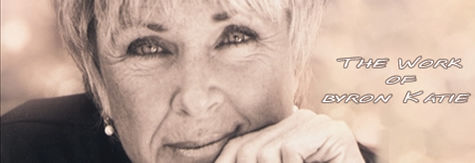
i accept all my imperfections & perfections


It's perfectly imperfect to have wandering or negative thoughts in meditation...and this can be a perfect offering to God/Buddha

Pawprints on My Heart is a collection of seven personal stories about kindness to animals. Chan Kah Yein, Ph.D., an avid animal lover, writes on her experience with her pets and the many animals whom she has rescued. She hopes that her stories will inspire others to do whatever they can, within their means, to practise kindness to animals. Every little act of kindness that comes from a sincere heart creates a ripple effect that reaches out far and wide. Opportunities abound for us to practise love and kindness. If we sincerely and whole-heartedly extend our love and kindness across the boundaries to those with fur, feather and scales, we are practising non-discriminatory and boundless love. When we no longer discriminate between ourselves and animals, and we shower kindness equally on all beings, we bring compassion to a purer and more magnanimous level. With a deep empathy for all animals big and small, Chan Kah Yein shows how we can make our lives richer and more meaningful as we live together harmoniously as one big family.
